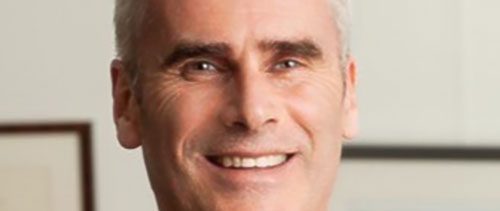- The Expert View
WHAT DEFINES LEADERSHIP?
By definition, Leadership is the art of motivating a group of people to act toward achieving a common goal. In a business setting, this can mean directing workers and colleagues with a strategy to meet the company’s needs.More Questions
We asked the experts what really defines Leadership in the times we live in.
We asked the industry experts...
What defines Leadership?

Kriti Jain
Leadership Decision Making Expert, D&I, Organizational Change
Our prototypical leaders of today are flamboyant, loud, and very visible. True leadership involves creating something that can run even after the leader has faded away. Ancient wisdom from Lao Tzu sums it up well for me, ‘A leader is best when people barely know he/she exists...when work is done, aims fulfilled, they will all say, ‘We did this ourselves’.’Know more about Kriti Jain →

Matt Marsh
Business Breakthrough Specialist, Consultant, Coach, Author, Visiting Professor
The ability to embed a sense of confidence that new, better things are possible, and ensuring that colleagues possess the agency to act on making those possibilities happen.Know more about Matt Marsh →

Flooris Van Der Walt
Author, Executive, Mindset Transformational Coach
A leader has followers. This means people have to be convinced of the stand the leader is taking and therefore want to be led by the person. This is unfortunately not the case with business leaders, because the employees are not always convinced of the stand of their leader, or the leader was appointed by others or the employee was not aware of the character of the leader when the position was accepted. Once a business leader has followers, then s/he is a leader.Know more about Flooris Van Der Walt →

Jeff Gothelf
Coach, Speaker & Author: Agility, Digital Transformation, Product Management & HCD
In my opinion, leadership today is defined by an insatiable curiosity, a deep sense of humility and a desire to hire people better/smarter than yourself and ensure they have everything they need to succeed. In other words, leadership today must be egoless.Know more about Jeff Gothelf →

Erik Hiep
Managing Director (The Next Level), Author, Associate Professor at IE Business School
Winning organisations have strong teams with strong people. So, it starts with the individual team member. Every one of them should bring in the qualities that make them stand out. By owning their part of the challenges ahead, team members are dedicated to deliver. Thus, every team member is a leader in respect of his own sweet spot: the imaginary meeting point between their value and impact, strength and skills and, of course, passion and energy.Know more about Erik Hiep →

Paul Hunter
Managing Director of the Strategic Management Institute
The primary role of the leader is to satisfy the expectations of shareholders and other stakeholders. To do this they must lead the organisation in the ‘right’ direction. The ‘right’ direction is defined by strategy. An ability to develop, implement and adjust to the right strategy defines the role of a successful corporate leader.Know more about Paul Hunter →
Related Questions
ASK OUR EXPERTS
Headspring is a joint venture between the Financial Times and IE Business School established in 2015. Our highly influential FT journalists deliver a unique perspective on the events that shape the world of business, and our IE faculty brings an entrepreneurial mindset with a sharper edge and greater impact through technological immersion and a culture of innovation.